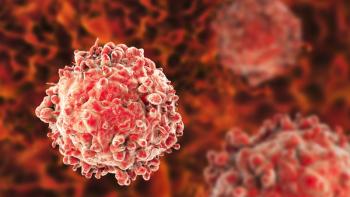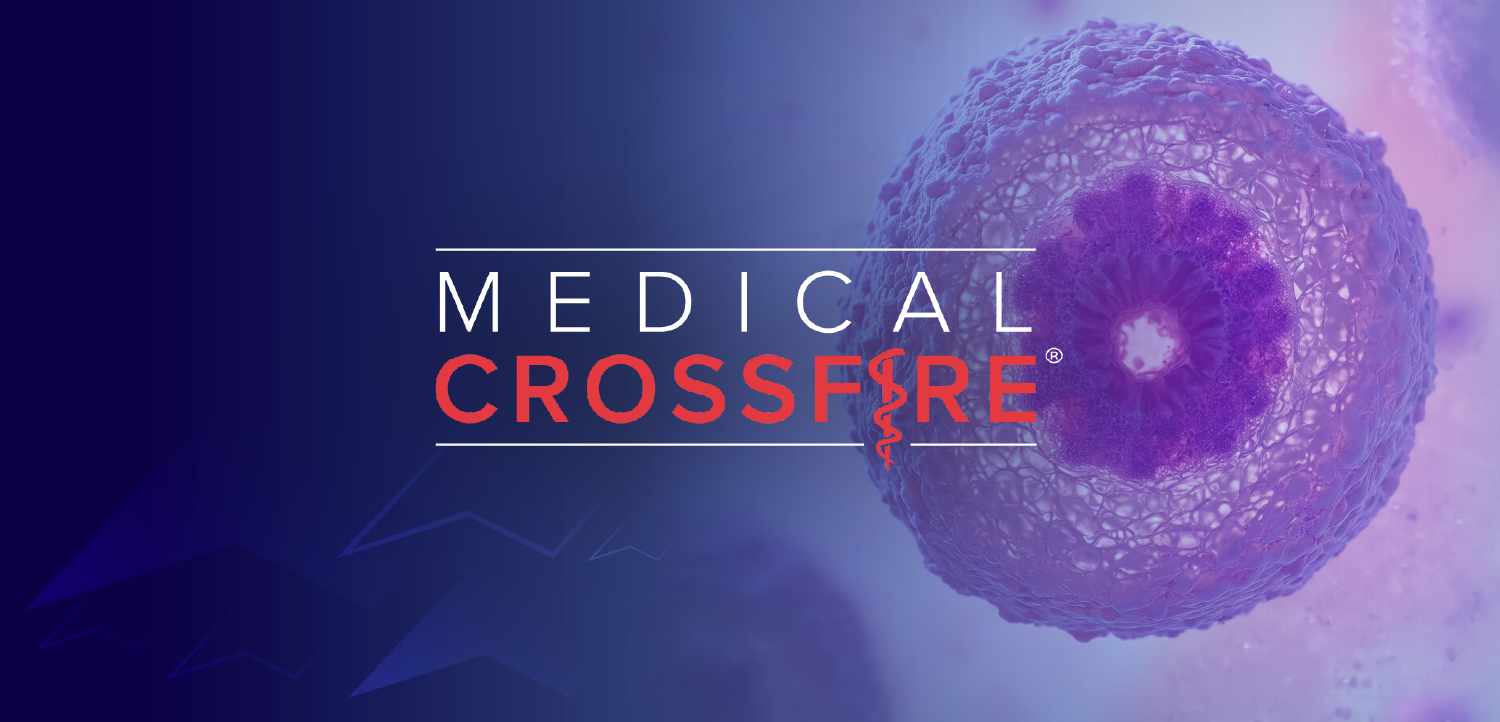
Online Programs Help to Address Effects of Prostate Cancer Treatment
While urinary incontinence and erectile dysfunction are two burdensome side effects from prostate cancer treatment, new online programs are showing promise in helping men cope in both the short and long term.
Celestia Higano, MD
While urinary incontinence and erectile dysfunction are two burdensome side effects from prostate cancer treatment, new online programs are showing promise in helping men cope in both the short and long term.
Researcher Celestia S. Higano, MD, a professor of Medicine, Division of Oncology at the University of Washington Fred Hutchinson Cancer Research Center, studied the benefits of these programs and presented the findings at the recent 2016 Annual Meeting of the American Society of Clinical Oncology.
Oncology Nursing News sat down with Higano to discuss the results of the study, the importance of helping men with these side effects, and how doctors can encourage men to discuss their symptoms.
Tell us about this program to improve the management of side effects of prostate cancer treatment.
We know that patients who are treated with surgery or radiation may have some problems with urinary incontinence or erectile dysfunction. Patients who undergo surgery have these problems more immediately after their therapy, whereas patients who have radiation may have these problems further down the line. These are problems that really bother patients, for obvious reasons.
The Vancouver Prostate Center in Canada has started a prostate cancer supportive care program to address the multiple needs of patients with prostate cancer. This includes urinary incontinence and sexual health concerns. The clinic is utilized on an as-needed basis, so men can either attend our education sessions that address 4 specific areas, or they can be seen by the clinician who is appropriate for each subspecialty.
What did your study of the program find?
We were trying to put together our data from this very young program that started in January 2013. We wanted to understand how different modules were utilized by the patient population in the program. The two most commonly used services were pelvic-floor physio services to address urinary incontinence and the sexual health services to address problems with erectile dysfunction.
What do patients and survivors need to know about the aftermath of prostate cancer?
Patients and survivors need to know there are services out there to help them with these problems. One of the things we found in our review was the utility of the sexual health services was quite high. On the other hand, there are not enough sexual health clinicians out there to help patients. However, there are now many programs in process to help patients with online services. Many physicians think that’s not the most ideal because we think there is something beneficial to the human touch, but these online tutorials are better than no services at all.
Do patients find it difficult to discuss the problems they're experiencing?
Yes, though the worst thing is that physicians are not comfortable bringing it up, which creates a barrier. On the patient’s side, they’re not comfortable bringing up their problems unless the physician brings it up. We’re trying to get rid of that whole barrier, inform patients there are services to help, and open up a better dialogue between the patient and their partner.
This program, in some ways, unburdens the physicians because it allows the different aspects of the program to address these problems of the patients. Both oncologists and urologists can point their patients in the right direction.
How can practitioners be encouraged to talk about these specific side effects from cancer and cancer treatment?
Sexual health issues are a really important part of every person’s quality of life and shouldn’t be something we’re afraid to talk about. I think there’s a lot of cultural stigma, even in 2016. In terms of cancer, how to discuss these difficult topics should be part of training for cancer specialists. I’m not saying they need to become sexual health clinicians, but they need to have the sensitivity and realize that sexual health issues are very important to patients and their partners. They have to understand how devastating it can be when all of a sudden your sex life is not what it used to be.
Compared with men, there seems to be more attention and knowledge surrounding sexual dysfunction among female patients and survivors. Why is that?
As someone who treats patients with prostate cancer, I can say definitively that there’s a huge difference between men and women. Men don’t really like to bring up problems they’re having with their surgeon because they’re worried about offending them. Additionally, urologists don’t always have time to delve into sexual dysfunction problems or they offer surface solutions, such as Viagra. They don’t go into detail. We’re left with a sort of void.
Women with breast cancer are very vocal about their sexual dysfunction problems, and men with prostate cancer are not. Services tend to go towards the population outwardly seeking them and wanting them. These women need help and they’re getting it, but because the men are not so communicative, no one knows they need help.
What are your hopes for the future in this area?
I really hope insurers and institutions look at this kind of data we’re revealing. Currently, our dataset is small, but over time physicians need to better understand the impacts these kinds of problems have on patients, particularly sexual health. Not all cancers cause problems of incontinence, but many cause problems with sexual health. It’s not just prostate cancer or gynecologic cancers.
On the education side, I hope there’s more emphasis placed on sexual health and education, and I hope there are more trained sexual health clinicians in the future.
Newsletter
Knowledge is power. Don’t miss the most recent breakthroughs in cancer care.

















































































